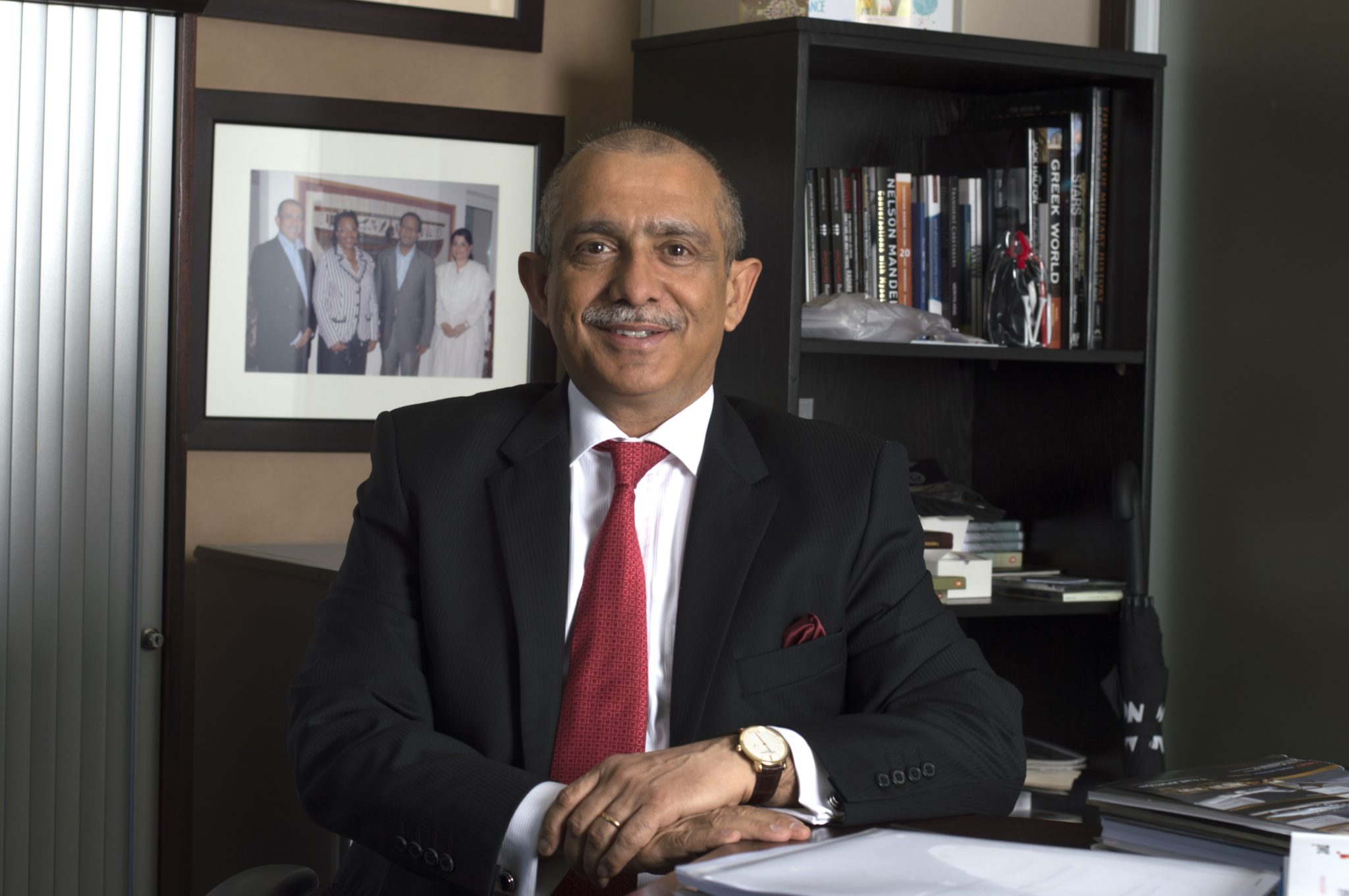Introspection through the proverbial rear view mirror is a great gift for everyone; in particular, for business leaders. Our greatest lesson through the year 2018 was recognizing that life is a complex maze of change. This was evident through what we witnessed most predominantly in South Africa.
The amplitude of the wave following the change of guard was weighted around an expected positive economic future for this great country. There is however no magic wand that can deliver a miracle after almost a decade of hopelessness. I have always believed that change is inevitable and with it comes hope and growth.
As humans, we expect results almost overnight or then get disappointed. However, Africa in general and South Africa in particular are part of a marathon that by definition requires a long-term strategy and a strong heart. We need to think about building cathedrals that will long outlive the generations to come. A long-time friend and fourth generation entrepreneur articulated this value into Cathedral investing.
READ MORE | Celebrating Five Years With The Founder & Publisher: Rakesh Wahi
But staying with the narrative of change, we witnessed and will continue to be part of a world that is changing at a pace synonymous with the changing acronyms of our new generations. The most fundamental of it all is a changing form of government.
Loading...
When I first came to Africa 15 years ago, I saw a continent that had very little to demonstrate in terms of democracy. South Africa being the high watermark, was like any evolving democracy run by a single party.
In 2008, I was visited by a few close friends in my Sandton office in Johannesburg when I talked about the fragmentation of the ruling party and the evolution to a multi-party democracy.
Freedom brought about by single party movements evolve through a splitting of the parent into more forms of itself like an amoeba. I had few takers who would buy into this divisive prophecy. I had no crystal ball but going by what we witnessed in India, it was a fair assessment of what was to be expected.
To my mind, this remains the greatest change that is going to impact the future of all nations in Africa.
Transition to accountability is a process in all walks of life but more so at a national level.
There is no ‘one-size-fits-all’ in either the process or in the form of government; it must work in the context of an evolving society. There is a view therefore, that the outcome, where a form of government helps the development of society in general and not personal agendas, is a much better form of governance than having a multi-party democracy for the sake of it.
The factors that have and will continue to catalyze this process of change is technology that above all had brought about much needed transparency.
As business people, we have been trained to look at risk; high on the list after business-related risks are political risks. There is no template for assessing this risk and most pundits have failed in projecting results, including the elections in the United States.
Risk analysis is invariably in hindsight through bad experience – “Alas, if only I had paid attention and acted differently”. This is where perhaps a well-formed democracy scores well above others as there is a strong sense of accountability and continuity derived from the voice of the people.
Investments are a derivative of opportunity and perceived risk; the view ahead for sub-Saharan Africa in 2019 is a mixed bag that will among other things be dependent on elections in the two top economies of Nigeria and South Africa this year.
Stability and continuity in South Africa is of the essence for the continent. There is a need to regroup, consolidate and then step on the pedal. The interest in Africa, as the last frontier, continues to grow but the drivers for converting the “fence-sitters” will be consistency and continuity of policy.
I am a born optimist and believe that we will see a brighter and better future through positive improvement and not because we are perceived to be scraping the bottom of the barrel.
-By Rakesh Wahi, Founder and Publisher of FORBES AFRICA
Loading...
